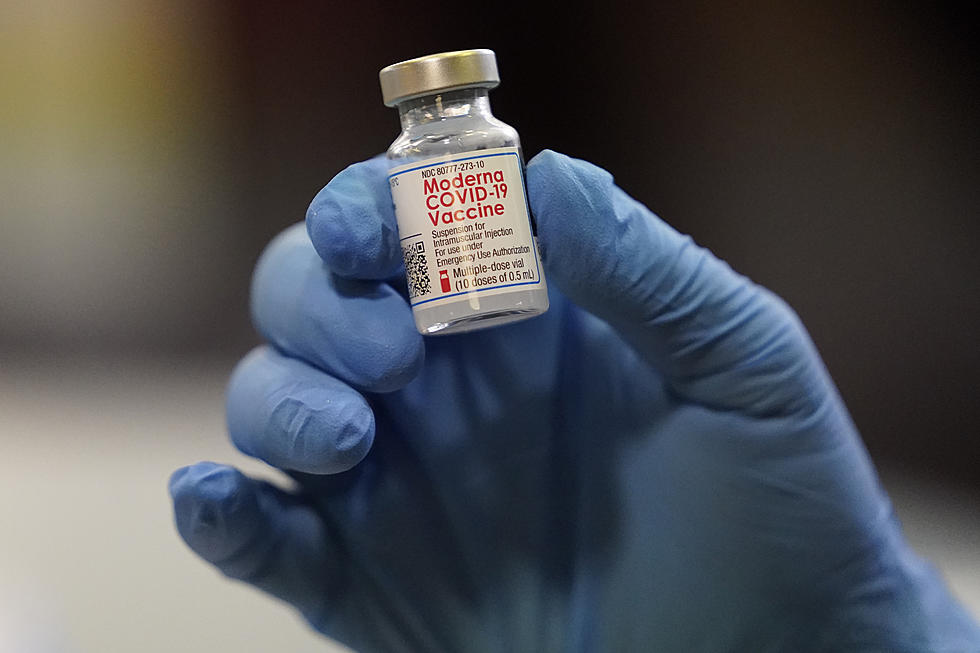
Only 20% of eligible New Jerseyans have gotten booster shot
As expected, the U.S. Food and Drug Administration has given the go-ahead for people who got the Moderna or Johnson & Johnson COVID-19 vaccines to get a booster dose. Federal health regulators also announced it’s okay to mix and match, and for people to get a different kind of shot than they originally received.
On Thursday, the Centers for Disease Control and Prevention will consult an expert panel before finalizing official recommendations for who should get boosters and when.
In New Jersey, the biggest question now is how many additional people will show up to get a booster.
The Pfizer booster was approved by federal health regulators in September, but so far there's been little interest.
During a coronavirus pandemic response press conference held virtually on Wednesday, Gov. Phil Murphy said to date only 20% of the 1.2 million of those that are eligible to receive a booster shot have done so.
Murphy said while there might be some confusion about who needs a booster and how long immunity lasts for which age group, “boosters would not have been approved if folks in the federal science and medical communities did not conclude that they added meaningful extra protection.”
With immunity proven to wane in some individuals, the governor stressed that more people need to roll up their sleeves.
"We’re less well off with fewer eligible people being boosted than we are if they are boosted. It’s got to be the case.”
Currently, boosters are available for those 65 and older, residents of long-term care settings, people age 18 to 64 with underlying medical conditions and those who are at an increased risk of COVID exposure and transmission because of occupational or institutional settings.
Dr. Ed Lifshitz, the director of communicable disease services for the New Jersey Department of Health, said while the vaccines are very effective, there is some waning of immunity over time.
It's an issue Lifshitz said the CDC has looked at very carefully, especially for older people.
“The fact that immunity wanes over time and because of the fact that if they do get sick they tend to have more serious illness than younger people, it does make sense for them to boost.”
The governor said there are probably a number of reasons why demand for boosters has been lagging.
“I think there was some mixed messaging out of the feds. Disagreements in healthy discussions between different branches of the health organizations – probably some false sense of security by some.”
In making the booster announcement, the FDA authorized a third Moderna booster dose for everyone 65 and older, and those with medical issues and people who work or live in high-risk situations who got their second vaccine at least six months ago.
The same authorization was given last month for those who received the Pfizer vaccine at least six months ago.
The FDA also said everyone who received the J&J vaccine at least two months ago should get a booster.
The J&J shot has been shown to be less effective than the Pfizer and Moderna vaccines in preventing COVID infection, although all three vaccines been efficacious in preventing serious illness.
As for mixing and matching, the FDA said it's OK to use any brand for the booster regardless of which vaccination people got first. The interchangeability of the shots is expected to speed the booster campaign, particularly in nursing homes and other institutional settings where residents have received different shots over time.
You can contact reporter David Matthau at david.matthau@townsquaremedia.com.
The Associated Press contributed to this report.
Early voting locations in each NJ county
BEEP BEEP BEEP: These are the 13 types of Wireless Emergency Alerts auto-pushed to your phone
More From New Jersey 101.5 FM









